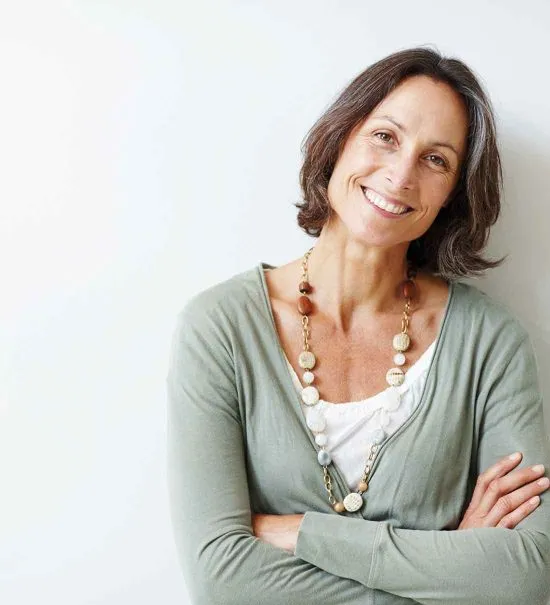Voice Preservation
Preserve your own voice as synthetic speech.
Search Acapela

Preserve your own voice as synthetic speech.

‘My-Own-Voice’ offers end users the possibility to keep speaking and communicating, not only by using speech synthesis as a voice companion, but also by using their own voice, synthetically re-created, helping to fully maintain the user’s identity. ‘My-Own-Voice’ can already be performed in up to 16 languages and new languages will regularly be added.
‘My-Own-Voice’ creates a synthetic voice, very much like the user’s own, that can be employed with an assistive device to read any sentence, keeping the essence of the original voice in terms of timbre, accent and intonation.
For individuals who have already lost their voice, they can ask a family member, a close relative or a friend, to donate their voice, offering the end user the possibility to speak with a voice that sounds familiar and unique.
Need more information about our solutions? Let’s talk 😊!
We are here to guide you towards the right solution for your voice enabled project.